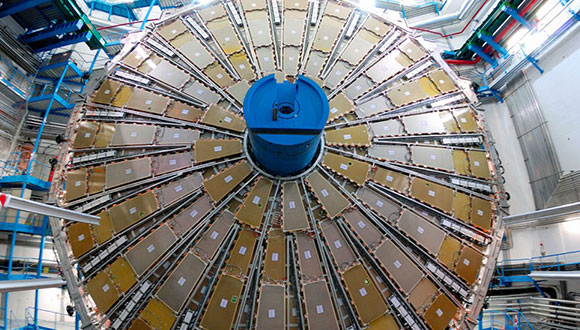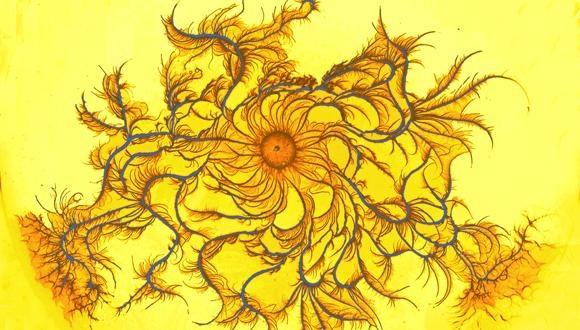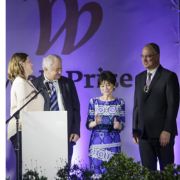TAU School of Physics & Astronomy Professors' breakthroughs prominent in Ministry of Science exhibition
The Ministry of Science, Technology and Space will feature two breakthroughs by Prof. Eshel Ben-Jacob and Prof. Erez Etzion at an upcoming exhibition
Israel's Ministry of Science, Technology and Space has curated a new exhibition on Israeli innovation and scientific contributions to humanity. The exhibition will be displayed at Israel's Ben Gurion International Airport, the main port of entry into Israel.
The exhibition will feature the work of the following TAU School of Physics & Astronomy researchers:
Prof. Eshel Ben-Jacob - Self-organization of bacteria colonies sheds light on the behavior of cancer cells
The researcher discovered principles of communication, control and self-organization in bacteria and showed that similar principles apply in tissue cells. Deciphering bacterial data-processing and decision-making mechanisms led to his groundbreaking research on cancer as a smart cell community, and suggestion to fight it by “cyber-war” tactics of disrupting control and communication.
Prof. Erez Etzion - Muon Detectors in the world's largest scientific experiment
A huge system of state of the art detectors, developed and built in Israel, is central to the operation of the ATLAS experiment operating at the European center for Nuclear Research (CERN).
The experiment documents high-energy collisions initiated by the world’s largest particle accelerator. The Israeli detector system identifies muons, which are elementary particles created by the collision of energetic counter rotating proton beams. The protons collide at a very high rate, and the products of their collision decay in a split second. Once the Israeli system identifies a muon, a signal is issued calling for a precise recording of the unusual events in the ATLAS detector, so that the nature and properties of the collision products may be later investigated. Thus, for example, the Israeli detectors were a vital component in the discovery of the long-sought Higgs Boson in 2012.

Above: One of the giant muon-trigger wheels of the ATLAS detector
Website of the exhibition of the Ministry of Science >





